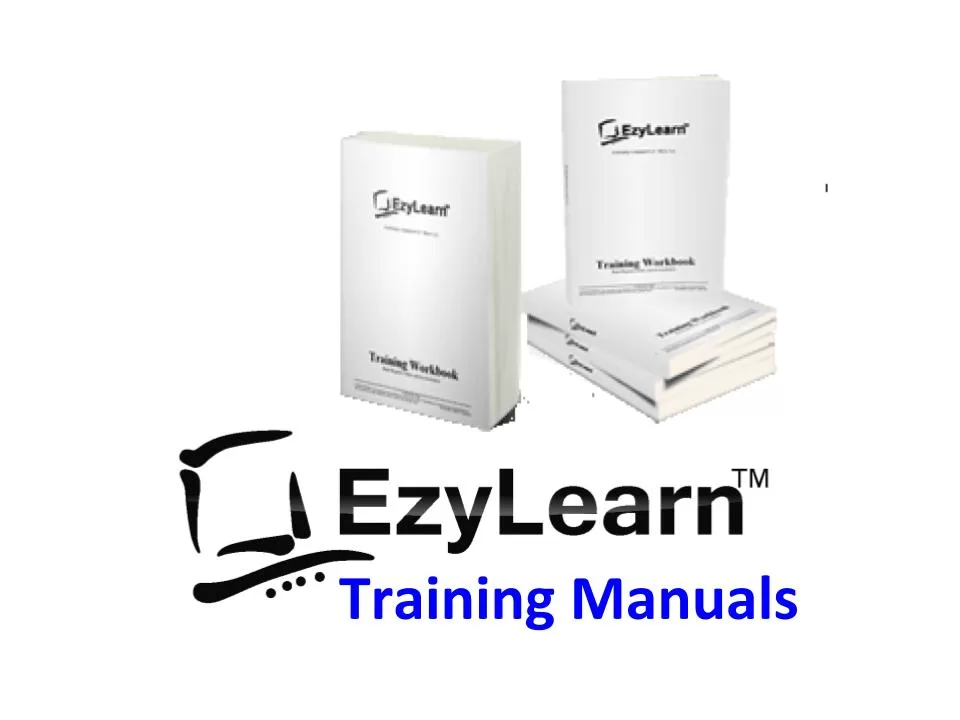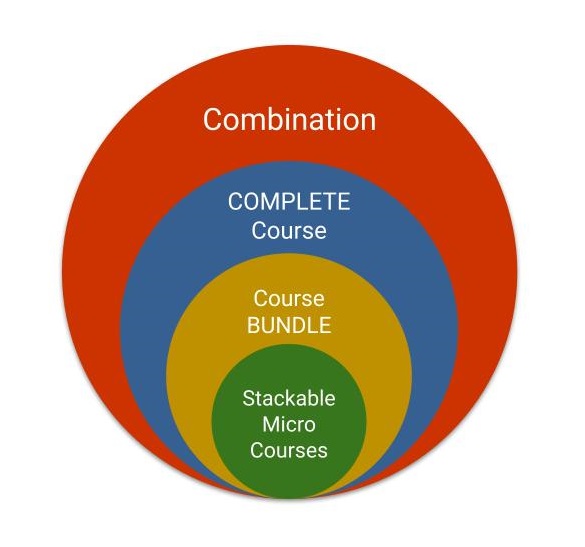Every accounting program has this accounting information in common
THERE ARE A whole lot of things that all accounting software programs — whether MYOB, Xero, Quickbooks or some other accounting package — have in common.
These being to help businesses:
- manage their transactions
- keep track of money owed to them, or by them to others
- pay their employees and contractors
- provide financial reports at the end of each month, quarter and financial year.
Introduction to Bookkeeping Beginner Basics — yours for FREE!

Confused about Chart of Accounts, General Ledger and Trial Balance?
For non-bookkeeping types these terms can send shivers down the spine, or make your eyes glaze over — but they are the foundation of all account keeping records and every business relies on these processes.
To this end, Jacci, our BAS agent, has created a free Introduction to Bookkeeeping Training Course education guide covering these aspects of accounting in plain English and a simple format. It’s titled, Bookkeeping Basics.
We believe that if people enrol in courses armed with some basic information, it fits with our goals of helping our students become better bookkeepers while getting the most out of the learning experience.
It’s also a great resource for small business owners who want to better understand the accounting aspects of their business!
Having Issues? Send us a text message to our SMS support number: 0488883655 if you are having any issues accessing our free resources (send a screenshot too if you can).
FREE Training Video Tutorials
These Accounting basics training video tutorials are included in the free sample:
- Bookkeeping Basics 1 – DIY Bookkeeping Introduction
- Bookkeeping Basics 2 – Chart of Accounts
- Bookkeeping Basics 3 – Tax Codes
- Bookkeeping Basics 4 – Cash Vs. Accrual Accounting Methods
- Bookkeeping Basics 5 – Debits, Credits, Income & Expenses
- Bookkeeping Basics 6 – Introduction to Credit Control
What’s Cash vs Accrual, Debit-Credit, Income and Expenses?
Find terms like these a little confusing, or don’t really know what they mean? Cash and Accrual relates to the paying of your taxes; this can be on the date you invoiced for the services or the date you received the money in your bank account. Debit-Credit and Income and Expenses relates to whether an account increases or decreases, but will vary depending on whether it is a credit account or an asset account.
Getting a little lost already? Don’t worry, we cover all of this in our free Bookkeeping Basics Guide.
Then came the GST
The introduction of the GST made all of this a little more complicated, as the tax codes associated with primary produce (FRE) and financial transactions are not taxed like contributions to Super (N-T). Again, it’s covered in Bookkeeping Basics; absolutely free.
The Cash to Cash Cycle
This concept is most relevant for businesses which buy and hold stock and then sell it to customers and give them credit terms to pay. Although this doesn’t apply to all businesses it is a fantastic example of how accounting principles are applied to transactions and why. See the video on credit control.






